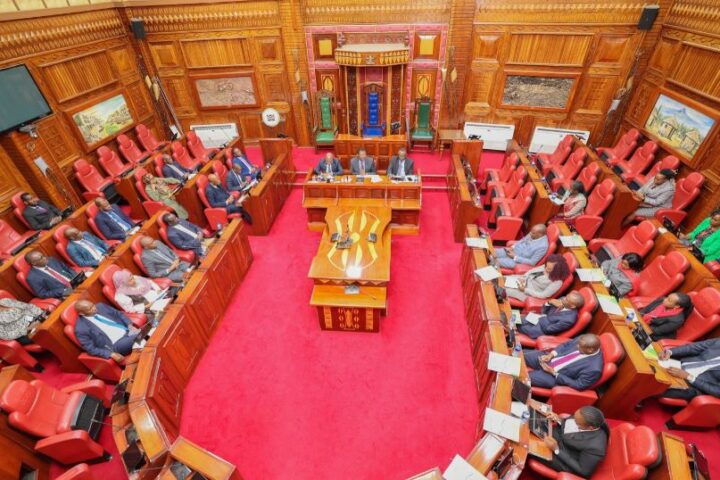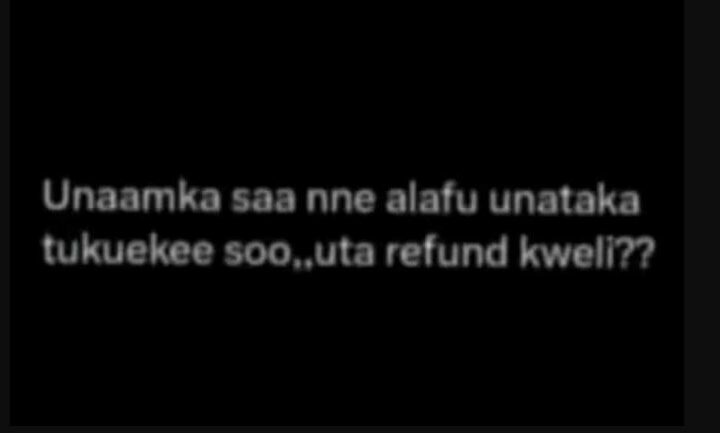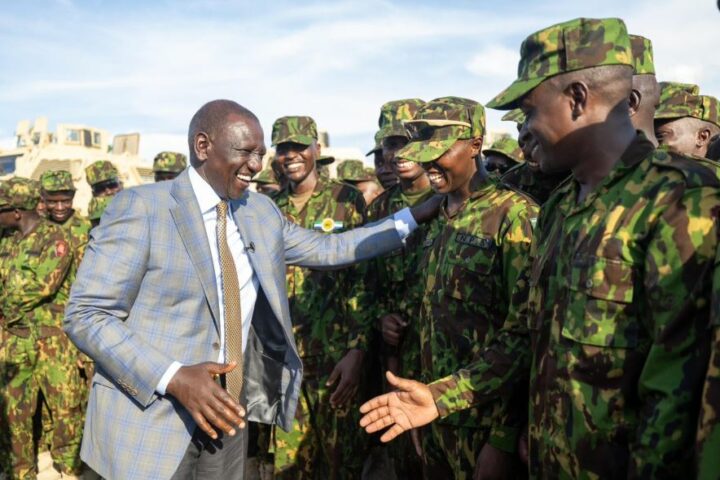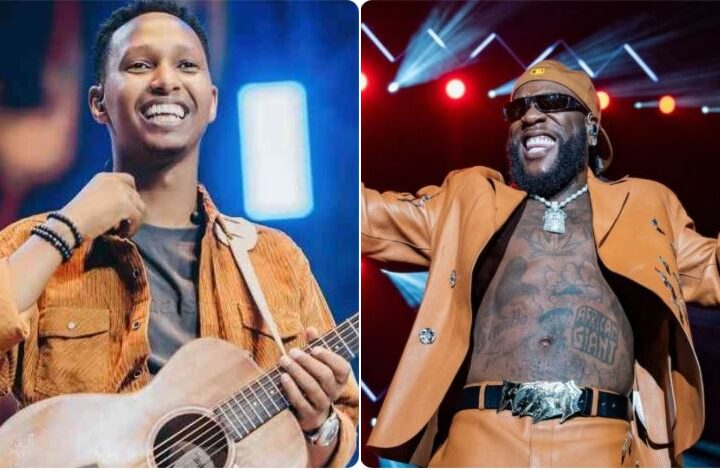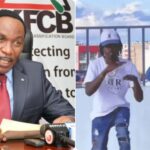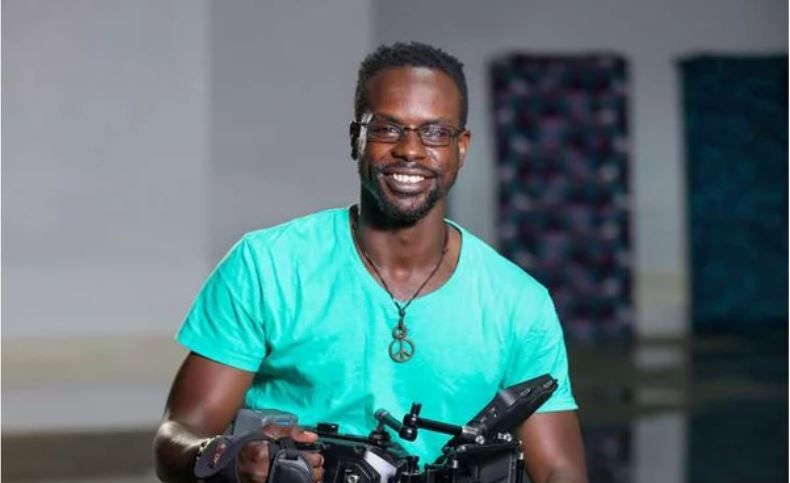
1. Your real name is Meshack Otieno. Why do you use “Suba” as your stage name?
The use of that name is paying homage to my tribe. People assume that I am Luo, but I’ve always had that desire to connect to my original origin, if I may say. I am an Abasuba. I feel disconnected from my true heritage, and it is an effort to reach out to my culture.
2. What instigated your departure from music? What made you return?
I’ve always been a singer from my very early days. I disconnected from music because I needed to pursue my career as a filmmaker, which I had a really good time doing. I was in the papers, actually, for that, and now I’m in the papers for music.
So I must be doing something right! I came back because I felt like I owed it to myself. I would like to be a good example to all those who look up to me.
To teach them that they can follow their dreams no matter what. But most of all, I returned to music because I owed it to myself. I didn’t want to keep remembering that I was really good at that, but I didn’t follow through with it. I don’t want any “what ifs” when I’m 60 years old. Besides, music is therapeutic!
3. What is your latest single about? Is your music usually from personal experience or fantasy?
I rarely do fantasy with music, because I don’t think I connect with it and if I don’t connect with it then I know no one else out there will. The person who tells the story best is the person who was there when the story was unfolding.
My latest single is called Moving On, and it speaks about lost love. I have gone through that and it as a song that came out whole.
That’s what was amazing about it. I didn’t struggle while writing the verses. It was from an experience I had in love, in losing it, and the difficulty in moving on. The irony is that the song actually helped me to accept, move on, and heal.
There are people who are good at writing songs based on fantasy but I find it easier to talk about things I have been through. That makes it easier for me to relay my experience to others. People are different.
There are those who like fantasy books and there are those who prefer history books. I like facts, things that actually happened.
Human beings tend to base their nature on things that have already happened. What happens defines perspective.
4. In terms of vocal ability, what do you think is important to know and learn before you get into a studio?
Wow. I sing to myself, and that helps me gauge my vocal ability as well as my execution. I take it really easy. I breathe and make sure there is enough air in my lungs, not only for my performance, but also to clear my head, to get into character and to internalise the words.
Once I get to the studio, I feel like I am in control. I know exactly why I am hitting that high note, and why I’m going so low.
It’s all about emotion. And the only way to do that is to feel it, to actually do it, on my own. Letting the music speak to me.
It’s important for you to know yourself, because you’re the only one who knows what you want. What you want will determine how much work you put in.
Music is a very unconventional form of art. The kind of reactions I get out of people about my music amuses me all the time.
Like, what is Fall Kishenzi, what is Moving On, we’ve never heard that before. It’s something unconventional. I want to sound like what I sound in my head. Who I know myself to be.
5. Was it hard for you to put out your first single? How do you think first time artists should navigate the unclear waters in the music industry?
Of course it was hard. When I got in, I knew nothing, apart from some musicians. I was disappointed because the people who committed and said: “Come along, we’ll help. We’ll show you how to do this,” didn’t.
You have to learn how to do it on your own. People are not always willing to help. I shouldn’t have felt entitled to be shown the ropes, but then I realised I had to get to a place where I could create my own formula and system. It helped me understand that my music is my responsibility.
No one is going to check on you and ask if you’ve gone to a studio yet. It is your responsibility. Along the way I got to appreciate myself and place myself on a pedestal where I can now say: “I believe in my music.
How far can I push it? How much blood, sweat and tears can I pour into it every day?” If the song is really good, I’ll make sure everyone gets to hear it. It’s you to assess its quality. It’s all on your shoulders. You have to bear it.
Sometimes you’ll be going hungry because you paid for studio time! You have to see the bigger picture. The people around you who may work for you may not see the overall picture, but you must see it. It’s much easier to bear the burden if you are focused on the result.
Courtesy: Nation.co.ke

